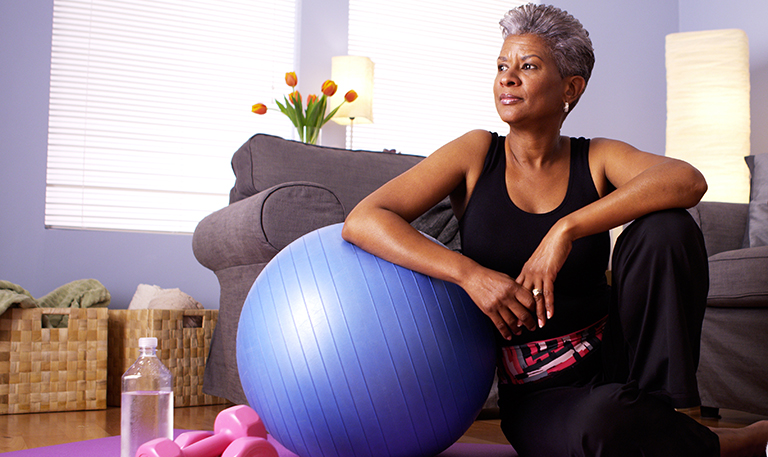Experts tell us that successful aging—aging with a high quality of life—involves good luck, good genes, and good habits. We don’t have much control over the first two, but there’s plenty we can do by focusing on the third.
Attitude is a major component of healthy aging. I’m not talking about being constantly sunny—or cranky, for that matter, which some people are. Rather, your attitude is a mix of realism, patience, and good coping skills gleaned from experiencing a multitude of ups and downs throughout life. Learning to make lemonade from lemons is healthier for our physical and mental well being than anger, passivity, or depression.
Why is attitude important? Research shows that long-term negative emotions are actual risk factors for heart disease, stroke, high blood pressure, digestive problems, and other conditions that can reduce our independence and shorten our lives. Strong social supports—having people to talk to, laugh with, trust, care about, care for us, and confide in—actually protect us from physical and psychological harm. People need people, particularly in old age. We’re much more likely to attract family and friends to our sides with a good attitude than if they respond through gritted teeth.
Good nutrition is another ingredient for successful aging. Sadly, many people become malnourished in old age. Some are too poor to buy healthy food, but many people stop making the effort to buy, prepare, and eat healthful meals and drink plenty of water. Just as a car won’t go without gas, humans need the fuel of good nutrition and water to keep our brains sharp and our bodies functioning. And just as a car can break down after neglect, slowly forgetting good dietary habits can bring on a gradual, subtle decline. So it’s important to stay vigilant.
Functional loss is assumed by many to be a natural outcome of aging. But being short of breath, having mushy muscles, and getting out of a chair like a rusty old hinge are usually the signs of a sedentary, couch potato life. And like the drip, drip, drip of a leaky faucet, things get worse over time.
That’s why exercise is the centerpiece of healthy aging. There’s no substitute for keeping your muscles—and heart and lungs—actively, purposefully moving to help dodge the bullets of mental and physical decline. Working around your home and yard is good, but it’s rarely enough. I recommend developing a regular exercise regime that you like to do for at least a half hour several times a week. (Daily exercise is best.) And it’s never too late to start: Research shows that even seriously impaired people in their 90s can become stronger and function better through routine physical activity.
Want more advice on healthy aging habits? You might take it from the nuns: Aging with Grace: What the Nun Study Teaches Us About Leading Longer, Healthier, and More Meaningful Lives by David Snowdon is one book I like. Another is Successful Aging by John W. Rowe and Robert L. Kahn.
Here’s to your good health at every age.
Liz Taylor, an eldercare specialist for 40 years, lives in the San Juan Islands, where she is semi-retired. She wrote a popular column on aging for The Seattle Times for 14 years, and has consulted with thousands of older adults and their families. Liz can be reached at lizt@agingdeliberately.com.


